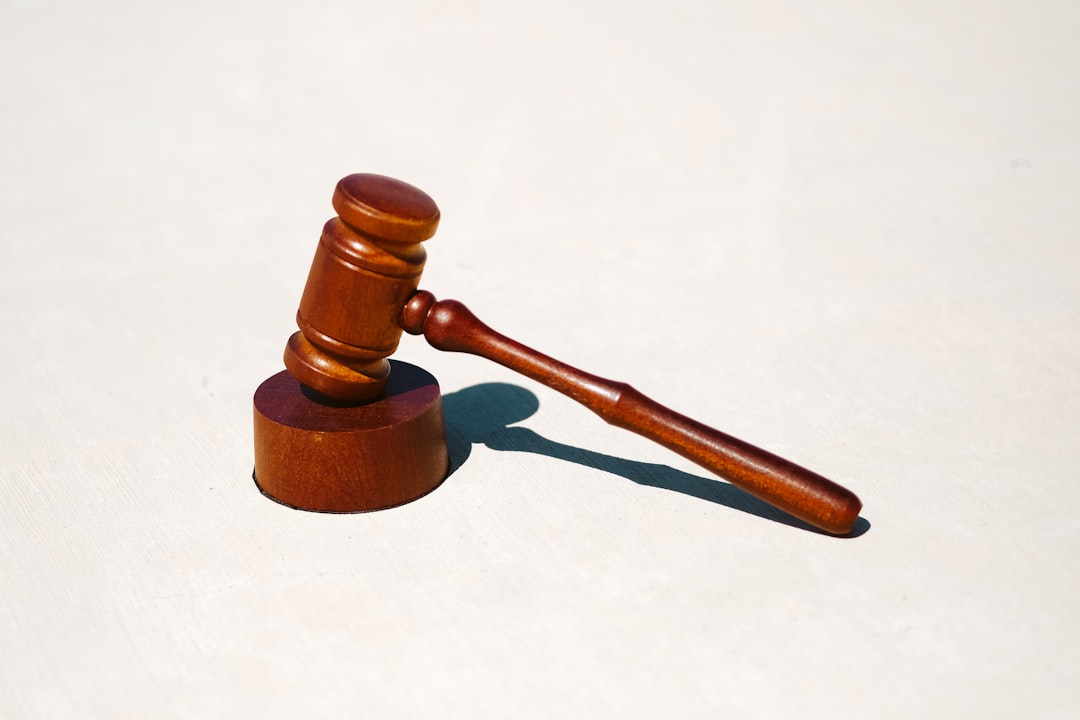The COVID-19 pandemic significantly impacted sexual assault reporting rates in Florida, with initial declines due to isolation and fear among victims. As restrictions eased, reporting fluctuated between courage and new barriers like economic strain and heightened anxiety. The legal system adapted with remote proceedings, creating unique challenges for rape attorneys Florida and victims facing reduced support and barriers to participating in trials. This crisis highlighted the need for innovative solutions and intensified support for survivors, underscoring the critical role of rape attorneys Florida.
The COVID-19 pandemic has significantly impacted various aspects of society, including sexual assault cases in Florida. This article explores the effect of the crisis on reporting rates, legal proceedings, and support systems for victims. With remote trials becoming the norm, we examine the challenges faced by rape attorneys Florida in navigating these unprecedented times. The pandemic’s strain on resources highlights the need for adapted services to ensure justice and care for survivors.
Fluctuating Reporting Rates: COVID-19 and Sexual Assault Disclosures in Florida

The outbreak of COVID-19 significantly impacted various aspects of society, including a notable shift in the reporting of sexual assault cases in Florida. Initially, there was a sharp decline in disclosures, as the pandemic’s unprecedented circumstances led to increased social isolation and fear among victims. Many survivors found it challenging to come forward due to stay-at-home orders, concerns about seeking help without proper protective gear, and the general disruption to normal routines.
However, as restrictions began to ease, reporting rates in Florida started to fluctuate. Some victims, now with more stable living situations and access to support networks, found courage to report. Conversely, others faced new barriers, such as economic strain and heightened anxiety, which may have deterred them from pursuing legal action. This variability underscores the complex interplay between public health crises and sensitive criminal matters, particularly when seeking justice for sexual assault through the assistance of rape attorneys Florida.
Legal Challenges: Navigating Remote Proceedings for Rape Trials in Florida

The pandemic has brought about significant changes in the legal system, and sexual assault cases are no exception. In Florida, as across the globe, courts have had to adapt to remote proceedings, presenting unique challenges for rape trials. These virtual settings pose hurdles for both prosecutors and defense, including experienced rape attorneys Florida, who must now manage evidence presentation, witness testimonies, and client communication in a digital landscape.
Navigating these new norms requires heightened technical proficiency, effective virtual communication strategies, and a deep understanding of procedural changes. For victims, the experience can be particularly daunting as they may feel less supported due to physical distancing measures and the lack of face-to-face interactions with legal teams, potentially impacting their willingness to come forward or participate in trials. This has led to concerns among advocates about potential delays and increased challenges for securing convictions in rape cases during this unprecedented time.
Support Systems Under Strain: Impact on Victims and Resources During the Pandemic

During the COVID-19 pandemic, support systems for sexual assault victims in Florida faced unprecedented strain. With social distancing measures and a general shift to remote work, many survivors struggled to access services they once relied on, such as counseling centers and safe houses. This isolation made it harder for them to find the help and resources needed to heal from their traumatic experiences.
The impact stretched beyond individual victims; it affected the entire ecosystem of support, including rape attorneys Florida. With court proceedings delayed or conducted virtually, legal representation was altered, potentially complicating cases. At the same time, victims faced increased vulnerability due to economic hardships and domestic confinement, making them more susceptible to further abuse or re-traumatization within their homes. This double whammy underscored the need for innovative solutions and a renewed commitment to supporting survivors during such crises.






